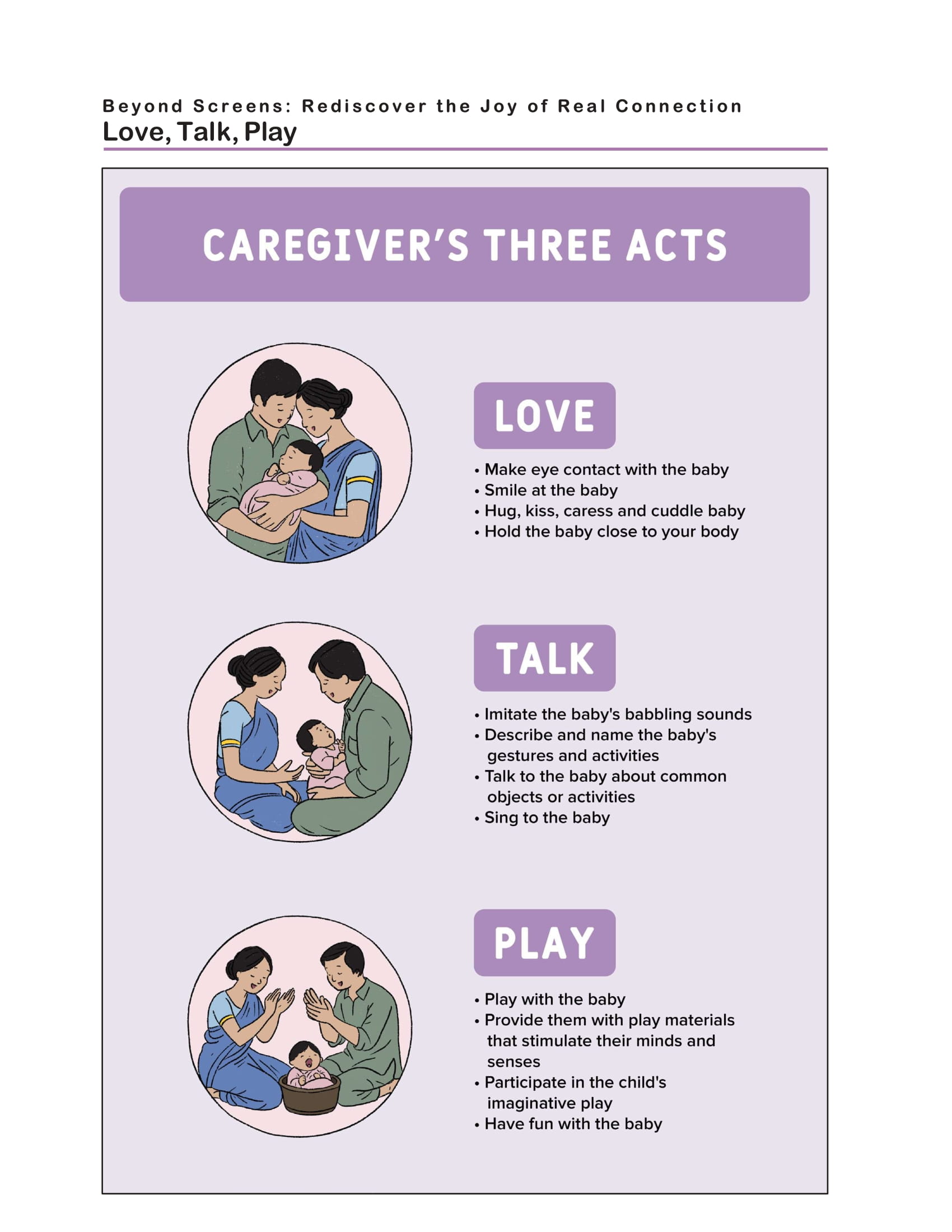Parenting a child with developmental delays
Parenting a child with developmental delays comes with unique challenges. You may have questions, doubts, and concerns about your child’s future. Here are some of the most common concerns parents face, along with insights to help navigate this journey.

Emotional Concerns
Q: How do I deal with the uncertainty and anxiety about my child’s future?
A: The unknown can be overwhelming, but focusing on small victories rather than distant worries can help. Connecting with professionals, support groups, and other parents can provide reassurance and practical strategies.
Q: I feel guilty and blame myself for my child’s developmental delays. Is this normal?
A: Yes, many parents struggle with guilt, wondering if they did something wrong. It’s important to remember that developmental delays are not caused by parental failure. Shifting from guilt to self-compassion enables you to support your child more effectively.
Q: How can I manage stress and avoid caregiver burnout?
A: Prioritizing self-care, setting boundaries, and seeking help from professionals and family members can prevent exhaustion. Taking small breaks, practicing mindfulness, and engaging in activities that bring you joy can help restore your energy.
Developmental Concerns
Q: My child isn’t meeting developmental milestones. What should I do?
A: Every child develops at their own pace. Therapy, individualized education plans (IEPs), and celebrating small achievements can support growth and motivation. Early intervention programs can also help maximize developmental potential.
Q: Will my child struggle in school? How can I help?
A: Children with developmental delays may require tailored learning approaches. Schools that offer individualized education plans (IEPs), therapy services, and supportive teaching strategies can help your child succeed academically.
Q: How can I support my child’s social and emotional development?
A: Encouraging structured playdates, enrolling in social skills programs, and fostering emotional intelligence through communication and positive reinforcement can help your child build relationships and regulate emotions.
Practical Concerns
Q: How do I find the right services for my child?
A: Many organizations provide free or affordable services, including therapy and specialized education. Researching local resources, joining advocacy groups, and speaking with professionals can help you navigate available support.
Q: How do I manage the financial burden of therapy and medical care?
A: Look into grants, scholarships, and government assistance programs designed to support families of children with developmental delays. Connecting with nonprofits and community programs can provide additional financial relief.
Q: How can I find support systems for myself and my child?
A: Support groups, online communities, and counseling services offer emotional relief and practical advice. Engaging with others who share similar experiences can provide comfort and guidance.
Long-Term Concerns
Q: Will my child be able to live independently in adulthood?
A: Developing life skills early—such as communication, problem-solving, and self-care—can increase independence. Supportive programs focused on vocational training and adaptive life skills can help prepare for adulthood.
Q: How do I plan for my child’s transition into adulthood?
A: Preparing for post-secondary education, employment, and independent living through specialized programs ensures a smoother transition. Researching career opportunities and educational pathways can set the foundation for long-term success.
Q: What about long-term care? How can I plan for it?
A: Financial planning through insurance, trusts, and savings can ensure stability for long-term care. Consulting financial advisors who specialize in disability planning can provide tailored guidance.
Other Concerns
Q: How do I handle social stigma?
A: Advocacy and education help break misconceptions about developmental delays. Sharing experiences, engaging in awareness initiatives, and surrounding your child with a supportive community can create a more inclusive environment.
Q: How do I balance my child’s needs with those of other family members?
A: Open communication, setting boundaries, and prioritizing quality time with all family members can help maintain balance. Acknowledging everyone’s needs ensures a harmonious family dynamic.
Q: How can I practice self-care while caring for my child?
A: Prioritizing your well-being—whether through hobbies, relaxation, or therapy—enables you to be a stronger caregiver. Taking moments to recharge is essential for both you and your child’s well-being.
Final Thoughts
Parenting a child with developmental delays is a journey that requires patience, resilience, and support. While challenges exist, there are also beautiful, rewarding moments. You are not alone, and with the right guidance, you and your child can thrive.


